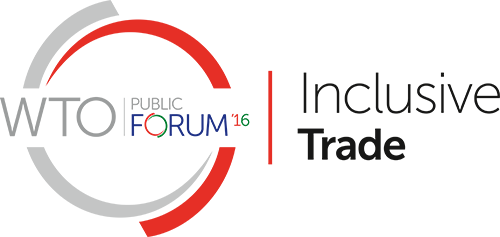Moderator
Ralph Kamphöner, Director of Policy, EuroCommerce
Christian Ewert, Director General, Foreign Trade Association
In the existing multilateral framework, trade policy is governed in two separate pillars: Trade in Goods (GATT) and Trade in Services (GATS). This bifurcation worked well in a world in which servification played less of a role than today:
In today's world economy, an increasing percentage of goods' values consist of services: goods are services in boxes. Prominent examples are cars shipped with expensive software or goods produced by 3D printing. When cleared through customs, these goods are subject to import duties, including also the services part, although the provision of services is normally duty free. In other words: the increasing servicification of the economy leads to higher import duties for goods with services components and, as a result, penalises trade in high value-added products.
After the WTO Ministerial Conference in Nairobi, there is a window of opportunities to discuss new issues for negotiation in world trade. Global value chains have significantly changed the shape of the world economy in the 15 years since the launch of the DDA. Mode 5 is one of the issues deserving closer attention in this respect.
What can the WTO and its Member states do? We will discuss possible approaches and solutions with the chief economists of EU and WTO, company representatives, think tanks and a representative of a country where servicification and high-tech have already become a reality.
Speakers
- Signe Ratso, European Commission, DG Trade, Director
- Joakim Reiter, UNCTAD, Deputy Secretary-General
- Talal Abu-Ghazaleh, TAG-Org, Chairman and Founder
- Karl Sedlmeyer, ADIDAS, Vice President Global Supply Chain Services
